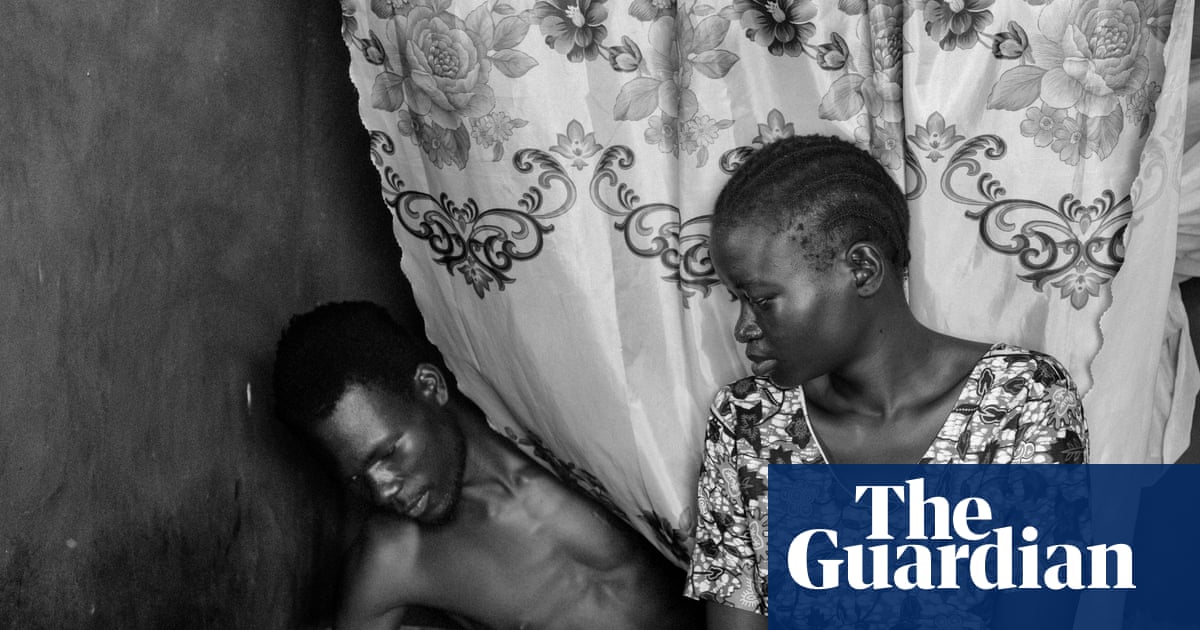
"In northern Uganda, the unfolding consequences of US funding cuts to international humanitarian aid are palpable. Thousands of families have been living in refugee camps along the border with South Sudan for almost a decade, and newcomers are reported every day as the never-ending conflict within the country intensifies. Uganda has long been a crossroads of migration, shaped by historical and contemporary population movements. Today, it hosts over 1.9 million refugees and asylum seekers one of the largest refugee populations in the world."
"In March, the World Food Programme (WFP), an international nonprofit, announced a cut to food distribution to one million refugees in Uganda. The AVSI Foundation, along with many other humanitarian actors, was forced to abandon a project that employed over 200 local field officers, leaving their families without a steady income, and thousands of refugees unable to enroll in agricultural training, schools, or start small businesses."
Uganda hosts over 1.9 million refugees and asylum seekers, becoming a major regional refuge as violence in South Sudan and Sudan displaces millions. US funding cuts to USAID prompted immediate disruptions across humanitarian programs, including a World Food Programme reduction in food distribution to one million refugees. The AVSI Foundation and other agencies abandoned projects, terminating employment for over 200 local field officers and halting planned support for 13,000 households. Thousands of refugees lost access to agricultural training, schooling subsidies, and small-business support. Refugee settlements such as Palabek report daily new arrivals and mounting shortages that undermine education and livelihoods.
Read at www.theguardian.com
Unable to calculate read time
Collection
[
|
...
]